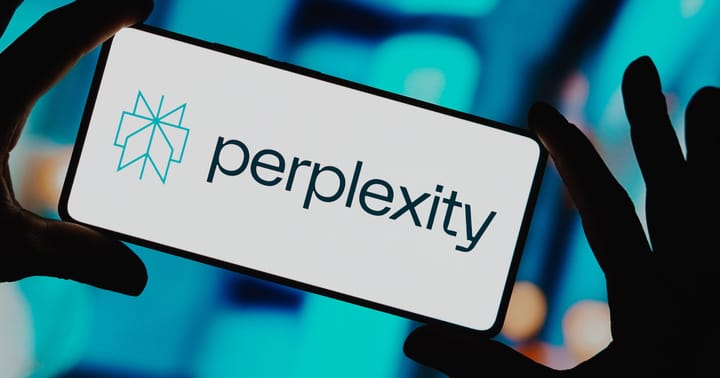Google Co-founder Sergey Brin Admits Fault in Gemini Image Launch
He highlighted ongoing efforts to mitigate hallucinations and improve AI accuracy incrementally over time.

In a rare public appearance at the "AGI House" in Hillsborough, California, Google co-founder Sergey Brin acknowledged mistakes in the company's Gemini image generation launch, expressing regret over the faulty rollout. Brin's candid remarks came during an address to entrepreneurs, where he discussed the trajectory of artificial intelligence (AI) and Google's position in the market, per a CNBC report.
Brin admitted that Google "definitely messed up" with the Gemini image generation, attributing the flaws to inadequate testing. Despite the setback, Brin emphasized his excitement for the advancements in AI, reaffirming his commitment to exploring the potential of artificial general intelligence (AGI).
Addressing concerns about AI bias, Brin acknowledged the challenges faced by Google and other companies in producing accurate results. He highlighted ongoing efforts to mitigate hallucinations and improve AI accuracy incrementally over time.
While discussing the future of online advertising and Google's business model, Brin expressed confidence in the company's ability to adapt. He stressed the importance of generating value for users while acknowledging the likelihood of evolving business models in response to technological advancements.
Brin also reflected on Google's past hardware ventures, including the ill-fated Google Glass, admitting to some missteps in the company's approach. Despite past challenges, he expressed admiration for recent advancements in virtual reality by competitors like Apple and Meta.
In response to inquiries about the potential impact of Gemini on spatial computing and products like Google Maps, Brin expressed curiosity and openness to exploring new possibilities, highlighting the potential for integrating more 3D data into Google's services.
Overall, Brin's appearance offered insight into Google's ongoing efforts in AI development, acknowledging past mistakes while maintaining optimism about the future of technology and innovation.




